Okapi Okapia johnstoni
Endangered
Location: The Democratic Republic of Congo
Deep in the #Congo is a curious creature a bit like a horse or a giraffe. @okapiproject The #Okapi is to the Congo what the Panda is to China. #Palmoil and #mining #deforestation threaten their survival #Boycottpalmoil #Boycott4Wildlife
Tweet
Okapi come from the Giraffe family, giving them distinctive markings. These striking creatures appear a bit like a horse, a bit like a giraffe, or like a zebra dipped in chocolate. They live in the deep heart of Africa, in the Congo and are limited to the high canopy forests between about 450 m asl and 1,500 m asl and they occur in a wide range of primary and older secondary forest types. They do not extend into gallery forests or the forest-savannah ecotone and do not persist in disturbed habitats surrounding larger settlements.
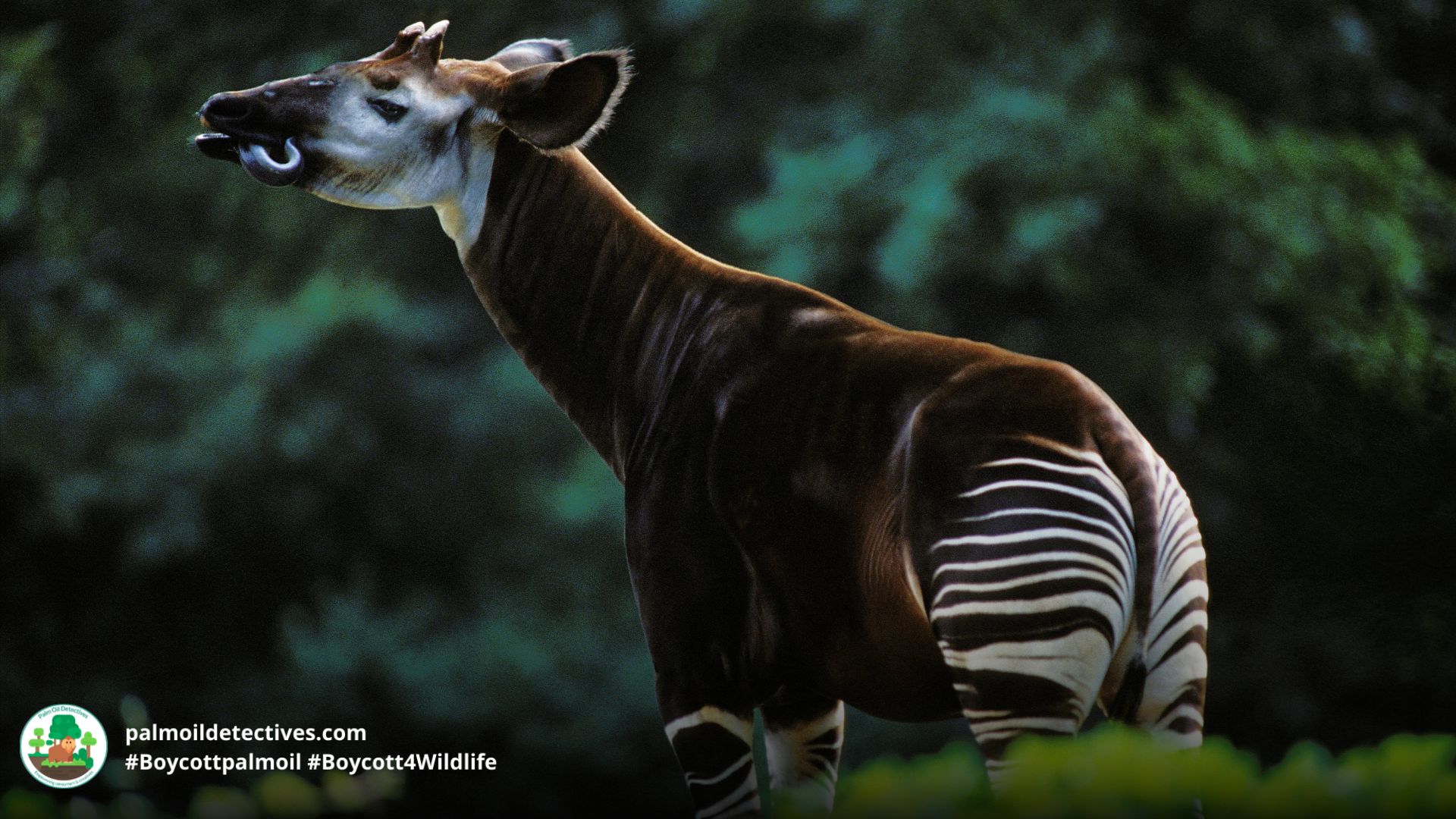
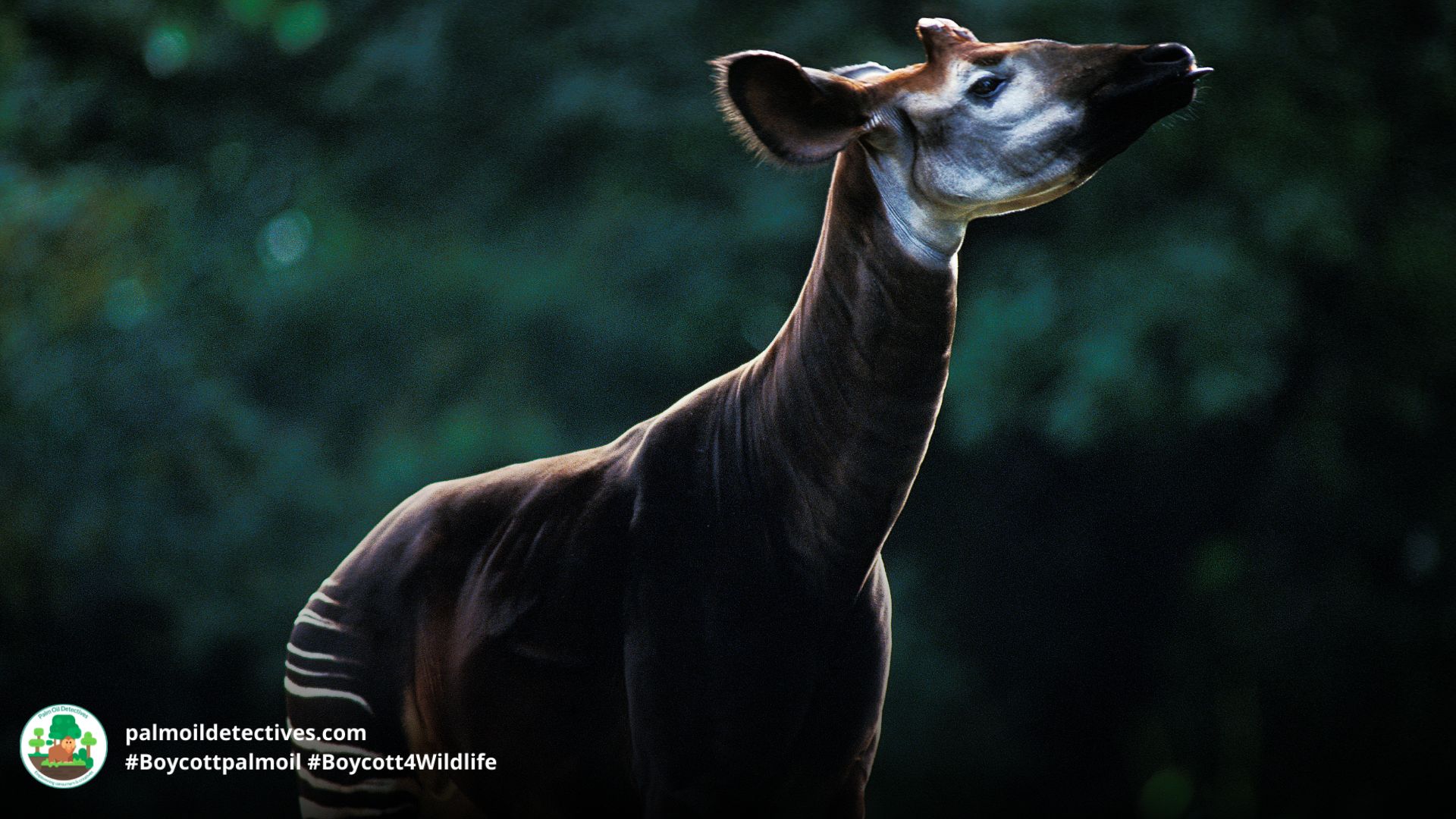
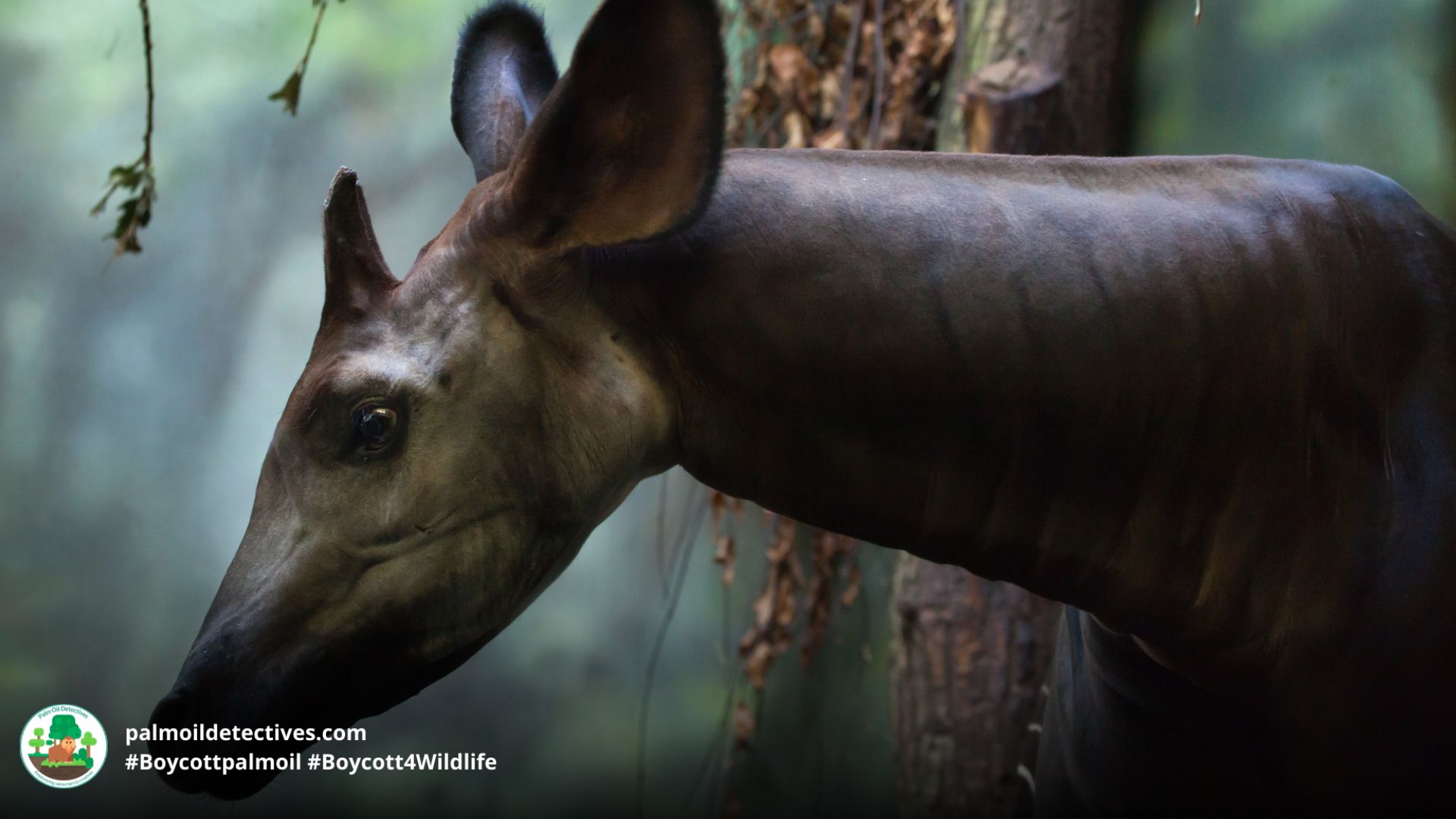

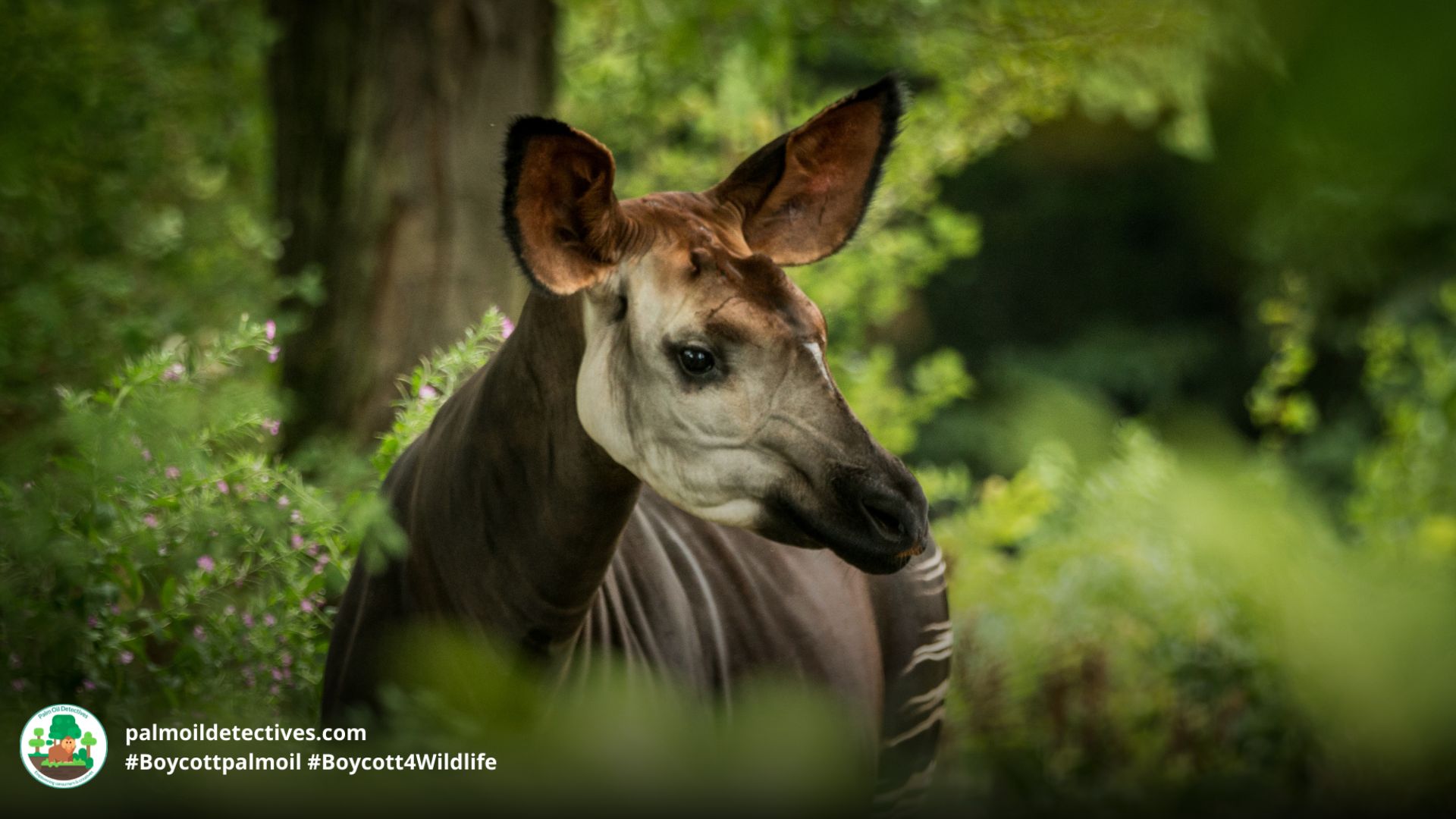

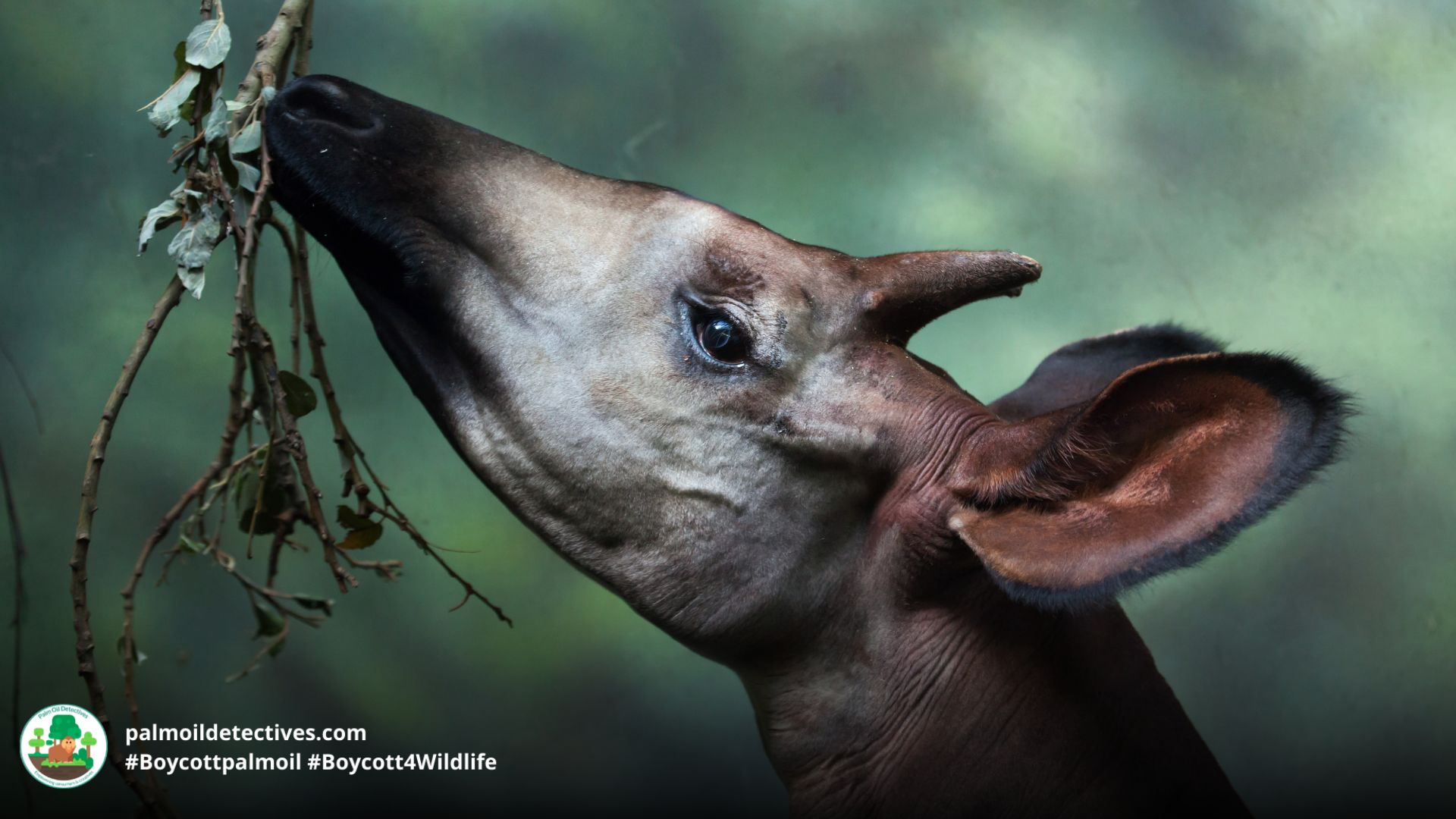
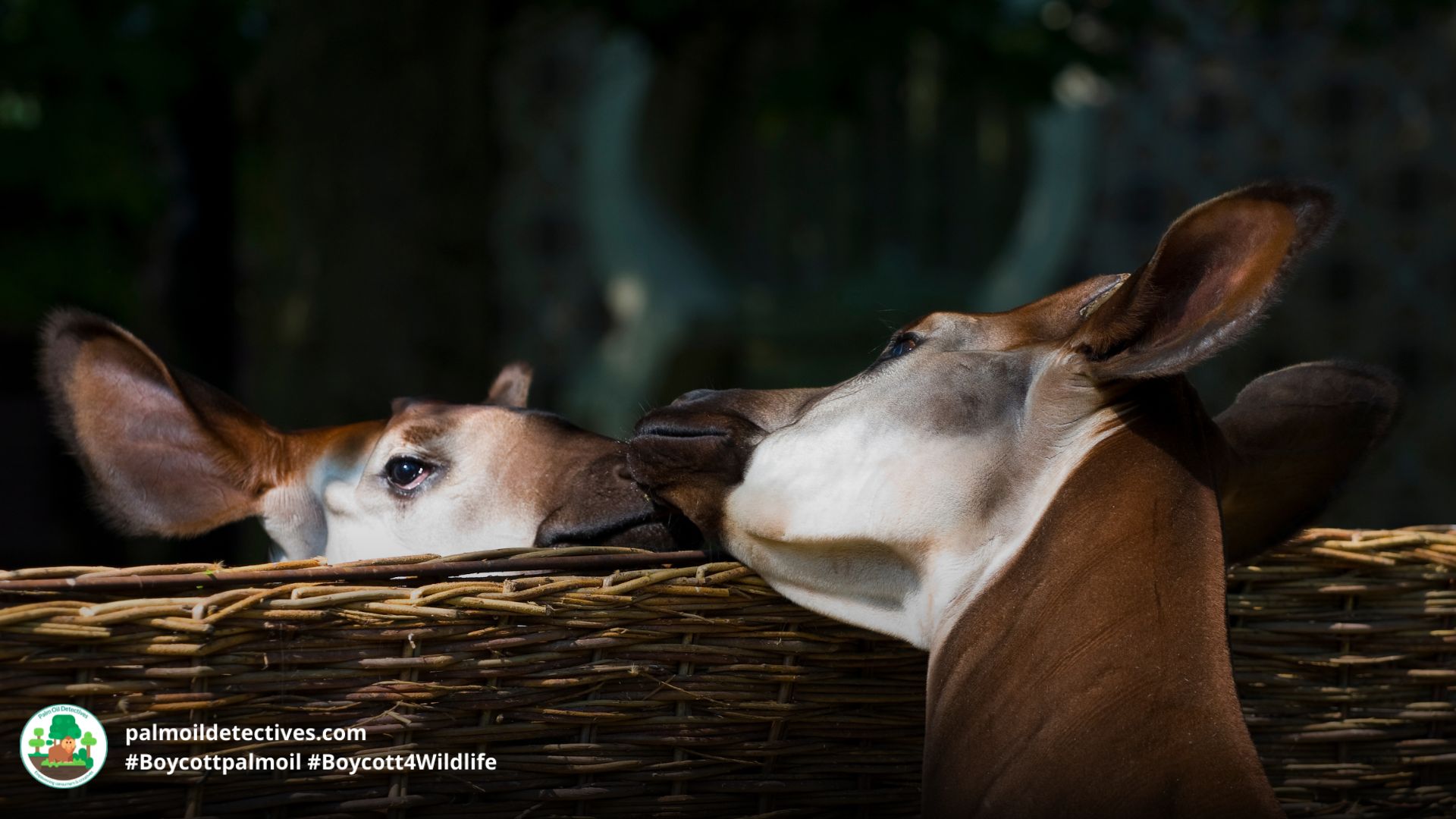
Okapi can coexist with small-scale, low-level human occupation of the forest, but disappear in areas of active settlement or disturbance, and the major threat to this species is habitat loss due to logging and human settlement including illegal occupation of protected areas (Hart 2013, Kümpel et al. 2015).
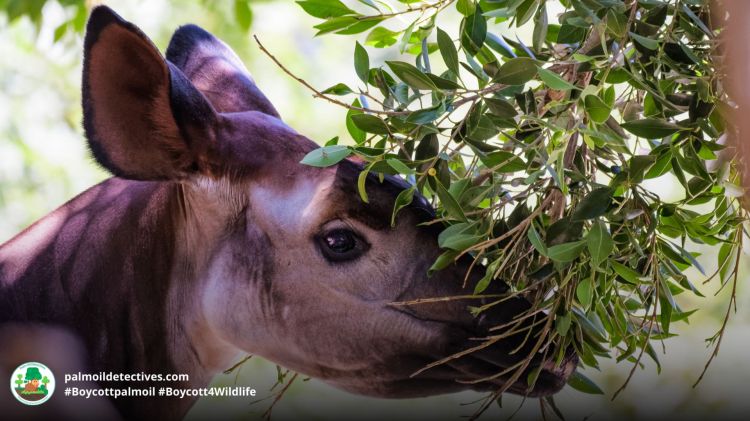
Support the conservation of this beautiful creature
Further Information

Mallon, D., Kümpel, N., Quinn, A., Shurter, S., Lukas, J., Hart, J.A., Mapilanga, J., Beyers, R. & Maisels, F. 2015. Okapia johnstoni. The IUCN Red List of Threatened Species 2015: e.T15188A51140517. https://dx.doi.org/10.2305/IUCN.UK.2015-4.RLTS.T15188A51140517.en. Downloaded on 28 January 2021.
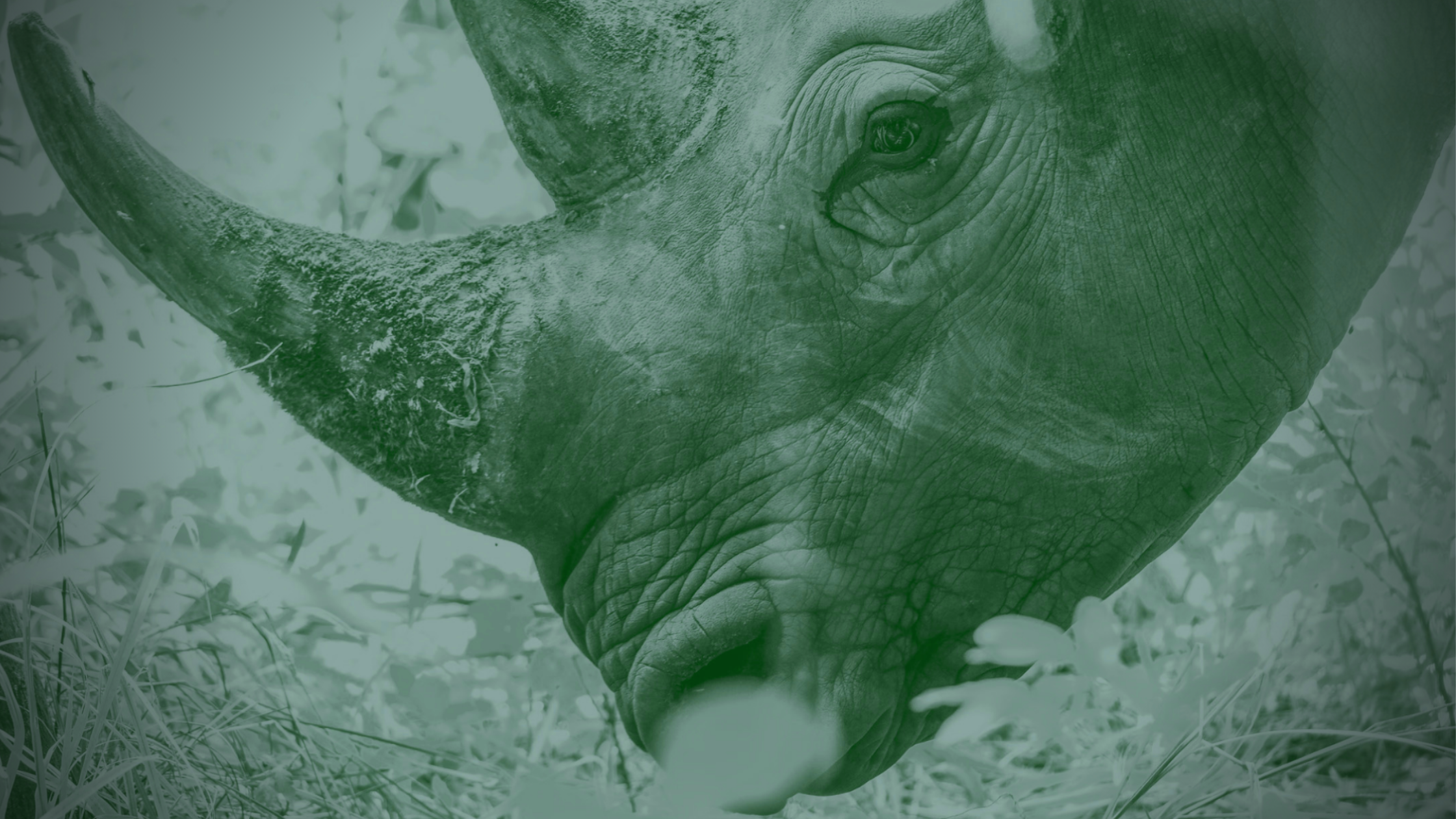
How can I help the #Boycott4Wildlife?
Contribute in five ways
1. Join the #Boycott4Wildlife on social media and subscribe to stay in the loop: Share posts from this website to your own network on Twitter, Mastadon, Instagram, Facebook and Youtube using the hashtags #Boycottpalmoil #Boycott4Wildlife.
2. Contribute stories: Academics, conservationists, scientists, indigenous rights advocates and animal rights advocates working to expose the corruption of the palm oil industry or to save animals can contribute stories to the website.
3. Supermarket sleuthing: Next time you’re in the supermarket, take photos of products containing palm oil. Share these to social media along with the hashtags to call out the greenwashing and ecocide of the brands who use palm oil. You can also take photos of palm oil free products and congratulate brands when they go palm oil free.
4. Take to the streets: Get in touch with Palm Oil Detectives to find out more.
5. Donate: Make a one-off or monthly donation to Palm Oil Detectives as a way of saying thank you and to help pay for ongoing running costs of the website and social media campaigns. Donate here







